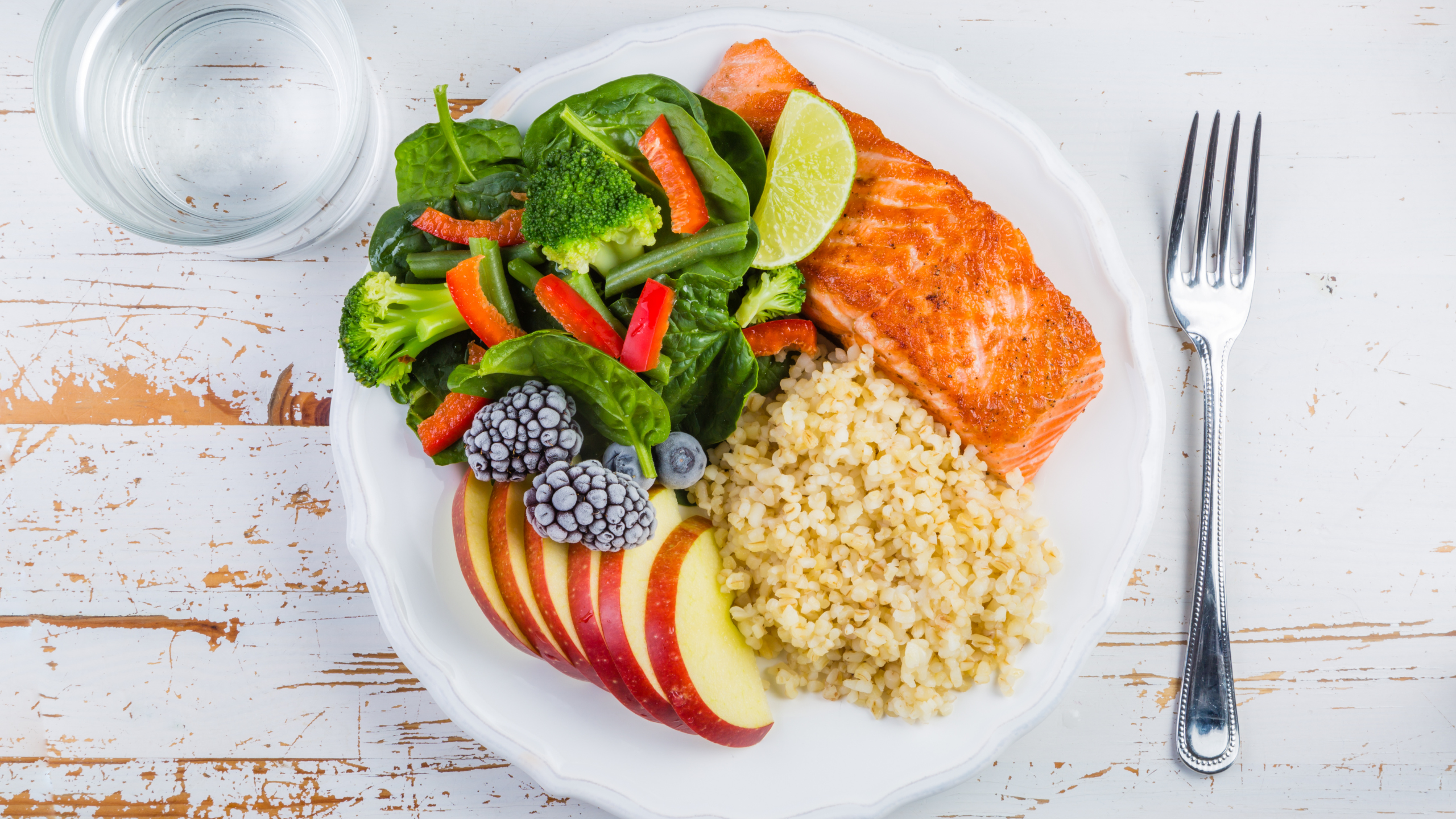Lymphedema is a chronic condition characterized by swelling in various parts of the body, usually the arms or legs, due to a compromised lymphatic system. While much of the focus tends to be on the physical symptoms and management of lymphedema, it is equally important to address the emotional and mental health aspects of living with this condition. Chronic illnesses like lymphedema can significantly impact a person’s psychological well-being, leading to a range of emotional challenges. In this blog, we will explore the emotional and mental health aspects of living with lymphedema, providing insights and strategies to help individuals cope effectively.
Understanding Lymphedema and Inflammation
Lymphedema occurs when the lymphatic system is unable to efficiently transport lymph fluid, leading to its accumulation and subsequent swelling in the affected areas. This chronic condition often involves persistent inflammation, which can exacerbate symptoms and complicate management. Diet and nutrition can significantly influence inflammation levels in the body, making them crucial components of a comprehensive lymphedema management plan.
Anti-Inflammatory Diet: A Key Strategy
Adopting an anti-inflammatory diet can help reduce the chronic inflammation associated with lymphedema. Such a diet focuses on consuming whole, nutrient-dense foods while minimizing processed and inflammatory foods. Here are some key elements of an anti-inflammatory diet:
1. Fruits and Vegetables
Fruits and vegetables are rich in antioxidants, vitamins, and minerals that combat inflammation. Aim to include a variety of colorful produce in your diet, such as berries, leafy greens, tomatoes, and citrus fruits. These foods provide essential nutrients that support the immune system and overall health.
2. Healthy Fats
Incorporate sources of healthy fats, such as omega-3 fatty acids, which have strong anti-inflammatory properties. Foods rich in omega-3s include fatty fish (like salmon, mackerel, and sardines), flaxseeds, chia seeds, and walnuts. Olive oil and avocados are also excellent sources of healthy fats.
3. Whole Grains
Whole grains, such as quinoa, brown rice, oats, and barley, provide fiber and nutrients that support digestive health and reduce inflammation. Avoid refined grains and products made with white flour, as they can contribute to inflammation and poor blood sugar control.
4. Lean Proteins
Opt for lean protein sources like poultry, tofu, beans, and legumes. These foods provide essential amino acids needed for tissue repair and immune function without the added saturated fats found in red and processed meats, which can promote inflammation.
5. Hydration
Staying well-hydrated is crucial for lymphatic health. Water helps maintain fluid balance in the body and supports the lymphatic system’s function. Aim to drink plenty of water throughout the day and limit sugary beverages and excessive caffeine.
Foods to Avoid
Certain foods can exacerbate inflammation and should be limited or avoided in a lymphedema-friendly diet:
1. Processed Foods
Highly processed foods, such as fast food, packaged snacks, and sugary treats, often contain trans fats, refined sugars, and artificial additives that promote inflammation. Reducing or eliminating these foods can help manage lymphedema symptoms.
2. Excessive Salt
While sodium is necessary for bodily functions, excessive salt intake can lead to fluid retention and worsen swelling. Avoid adding extra salt to meals and be mindful of the sodium content in processed and packaged foods.
3. Alcohol and Caffeine
Excessive alcohol and caffeine consumption can lead to dehydration and inflammation. While moderate consumption may be acceptable, it’s essential to monitor intake and ensure adequate hydration.
Practical Tips for a Lymphedema-Friendly Diet
1. Meal Planning
Planning meals ahead of time can help ensure you have nutritious options available and reduce the temptation to reach for unhealthy, processed foods. Consider preparing meals in advance and keeping healthy snacks on hand. If you need some help, I have my SO BE! 7-day Meal Plan with already done recipes. You can get your own copy HERE.
2. Balanced Meals
Aim for balanced meals that include a variety of food groups. A typical plate should have a portion of lean protein, a serving of whole grains, and plenty of colorful vegetables. Adding healthy fats can further enhance the anti-inflammatory benefits.
3. Portion Control
Managing portion sizes is crucial for maintaining a healthy weight, which can reduce the strain on the lymphatic system. Eating smaller, more frequent meals can help keep your metabolism steady and prevent overeating.
4. Mindful Eating
Practice mindful eating by paying attention to your hunger and fullness cues, eating slowly, and savoring your meals. This can help you make healthier food choices and avoid overeating.
Diet and nutrition play a vital role in managing lymphedema by reducing inflammation, supporting lymphatic function, and promoting overall health. Adopting an anti-inflammatory diet rich in fruits, vegetables, healthy fats, whole grains, and lean proteins can help alleviate symptoms and improve quality of life for those living with lymphedema. By avoiding processed foods, excessive salt, and alcohol, and incorporating practical dietary strategies, individuals with lymphedema can take proactive steps towards better health and well-being.
If you are wanting to learn more about anti-inflammatory nutrition, I offer drop-in cooking classes that will teach you how to navigate your way around the kitchen. During this informative, interactive cooking class you will learn the tools and techniques to manage your swelling. To register, please click HERE.

About the author
Amanda Sobey is a certified personal trainer, certified nutritionist, and lymphedema coach with over 20 years of personal experience battling lymphedema.
She is the creator of the 16-Week Ultimate Lymphedema Journey program, which combines fitness, nutrition, and self-care to empower those with lymphedema, lipedema, or lipolymphedema.

